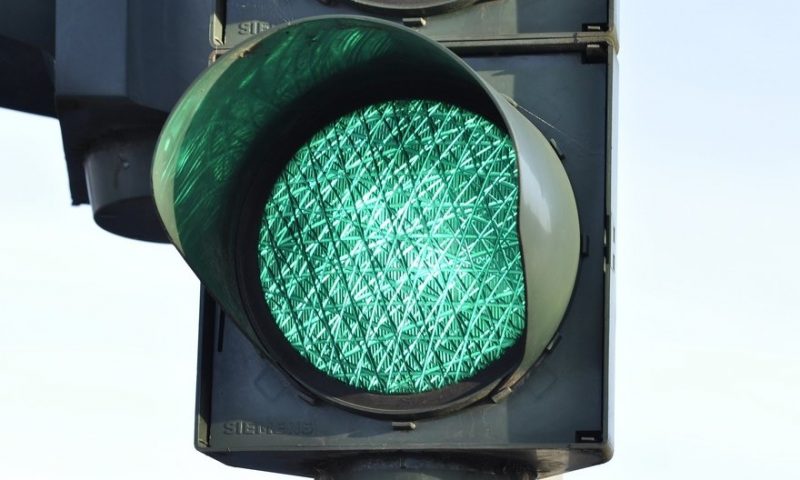Ultragenyx Pharmaceutical and partner GeneTx Biotherapeutics have been given the go-ahead to up the dose in a phase 1/2 Angelman syndrome trial that was previously paused after some patients temporarily lost the ability to walk.
The companies are developing GTX-102 for the rare neurogenetic disorder, which causes developmental delay, issues with balance, motor impairment and seizures.
GTX-102 is an antisense oligonucleotide treatment that is designed to ultimately reactivate expression of a deficient protein that occurs in patients with Angelman. The therapy hit a major snag back in October when Ultragenyx reported that dosing had been halted after all patients in the early study experienced lower extremity weakness, with some temporarily losing the ability to walk.
After a dosing amendment, the issues were cleared up in the patients. Now, a data safety monitoring board has cleared the dose-escalation phase of the trial, according to a statement from Ultragenyx issued Wednesday.
Ultragenyx said that the first four patients have received multiple doses without any treatment-related serious adverse events—specifically, no cases of lower extremity weakness have been observed.
Shares of California-based Ultragenyx rose more than 5% on the news to $88.07 apiece as of 10:57 a.m. ET on Wednesday.
The companies have also begun to evaluate the clinical response from the treatment, although those data were not reported in the update. The main goal of the trial is to assess safety and efficacy based on a measure of improvement in overall disease severity and change at day 58, before increased dosing. The trial includes several groups with patients ranging in age from 4 to 18 years old.
Once the dose is established, the trial will move to a maintenance phase where GTX-102 is administered every three months.
Angelman has been a tough disorder for biotech. Ovid Therapeutics abandoned its lead program in the indication last year after a late-stage flop. The company will continue in the disorder with another earlier-stage candidate.
Roche is also working on an antisense oligonucleotide called UBE3A-LNA; however, the Swiss pharma has not provided a timeline for the therapy’s development. Biogen and Ionis have an antisense therapy called ION582 (UBE3A-ATS) in phase 2 development.

